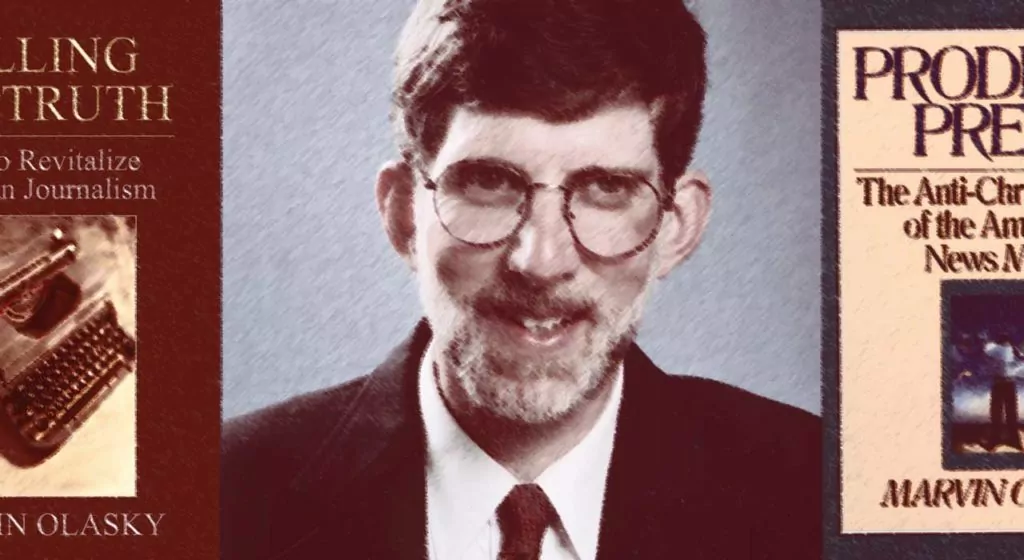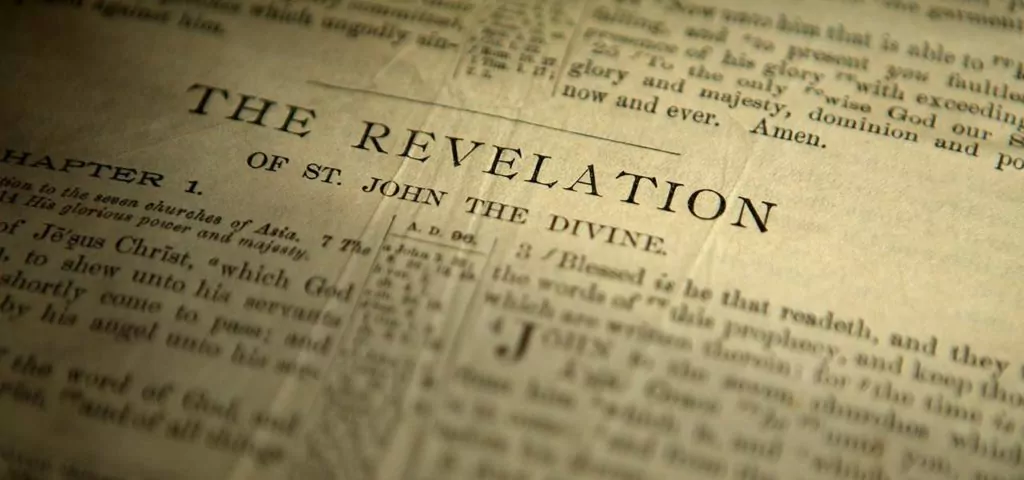When my class did job shadowing for a couple days, it wasn’t hard for me to answer what I’m interested in. If you were to stop by my house almost anytime, you’d find me in my room, behind my laptop, working on a story. Fiction writing enthralled me when I was just four years old, and I’ve been writing ever since. So who did I want to follow around for two days to experience what it’s like to work in their field? I quickly scribbled out writing/editing as the first thing on my paper.
I got the opportunity to learn about writing and editing at the office of Mark Penninga, the executive director of RP and also my uncle. I showed up that first morning eager to see what he would be able to show and tell me about his work.
Now if I’m not writing, I’m probably watching and analyzing films. I’ve seen over 45 hours of The Hobbit behind-the-scenes footage, which is why you won’t be surprised when I compare Reformed Perspective to the behind-the-scenes of a movie.
So what really goes on behind the scenes at Reformed Perspective? Who are the editing cast and crew? During my job shadowing experience, I got to conduct some interviews and dig a little deeper into the answer to those questions.
It all began in 1982
Jon Dykstra is the editor of RP. The organization was started in 1982 as a monthly magazine and relied on subscriptions to stay afloat, printing about 1,500 copies of each issue. Much has changed since then, but the mission remains the same: “to explore what God’s up to anywhere and everywhere,” explains Jon.
While others have been part of the crew for a year or two, Jon joined in 1999, back when the magazine sometimes still received hand-written submissions. Both easy-going and spirited, he is one of only two full-time workers at the magazine. He started out as a part-time editor, but his passion for the project and increased workload led him to where he is today.
While there’s lots of variety in his job, he mainly edits other people’s articles and often writes book reviews from his home office in Lynden, WA. For fifteen years he was the sole full-time magazine staff member (talk about tiring!) yet he enjoys his work, although maybe not the overflow of emails he deals with every day. “Words have such flavors,” he explains, “that when you’re writing someone and you’re not talking to them, there’s a lot of different ways they can misunderstand what you’re saying.”
Words do have flavor. Jon is a big fan of wearing shirts with interesting pictures or phrases on them, such as a saying to defend the unborn, to get the conversation going.
For over 23 years, he has been riding the RP roller-coaster of ups and downs, but the pressing need for articles written from a Reformed angle and the great opportunities with RP kept him motivated. Also, “It’s just fun … God is powerful, He’s gracious, and He’s just fun,” says Jon.
His experience has led him to give this insightful advice for aspiring writers/editors: Appreciate getting beat up (find someone who is willing to critique you), be an observant listener, it’s about stealing (imitating) from the best, and finally, write, write, and write some more!
Big changes; same mission
Mark Penninga is the executive director of Reformed Perspective. He’s filled with dedication and passion for the mission of RP. He joined the organization when it was struggling financially, coming in with ideas on how to get the magazine back on its feet. Now, RP prints about 10,400 copies each issue and is available not only as a magazine, but as a website, podcasts, videos, and more. The concept of being online helps fulfill the idea of being a light to the world (Matt. 5:14).
He has plenty of thoughtful advice for those who are into writing and editing, such as: Writing is a tool, meant to fill a need and to serve a bigger purpose. As Christians, that purpose should be an expression of love for our neighbor and for God; we have “a message of love … writing is a means to communicate that hope.” When motivated by a purpose, your writing will show more passion, conviction, and meaning. Don’t expect to get it right on the first try, rather, keep at it. “Try, try, and try again,” he says. Turn off your distractions and focus on writing.
A phenomenal amount of work goes into writing articles for RP. Some of the articles are submitted by people like you and me, while most are written by the crew. Imagine sitting behind a desk for hours, researching by means of the Internet, books, and phone calls, to create an accurate article from, as you can probably guess, a Reformed perspective. As I am writing this, my uncle is sitting in the room next to me, typing away. He’s in his cozy office in Smithers, BC, sipping a warm cup of tea from a large “Reformed Perspective” mug. Gentle strains of music float through the air, a mix of worship songs and background piano. Every once in a while he takes a break to gaze out of the large window at the snow-dusted peaks of Hudson Bay Mountain, enjoying the afternoon sunlight streaming through the glass.
It takes a team
But Mark and Jon aren’t the only ones breaking a sweat for the company. Marty Van Driel balances his full-time job as the CEO for a trucking business in Bellingham, WA, with being the assistant editor for RP. According to Marty, “the greatest joy is when it’s done.” I think most writers can testify to that.
Marty loves telling stories to his grandkids, and says he especially loves telling stories in a way that relates to how we can serve God as Reformed Christians.
To ambitious writers like myself, Marty has two pieces of advice: Writers write. As he phrases it, don’t get “stuck in a brain fog.” Discipline is important. Set a goal to write every workday and then stick with that goal. His second piece of advice is this: Keep yourself grounded in God’s Word. There is nothing more important than the Bible and it’s crucial to keep this in mind.
“Whatever you do, work heartily, as for the Lord and not for men, knowing that from the Lord you will receive the inheritance as your reward. You are serving the Lord Christ” (Col. 3: 23-24).
About a year ago, Jan Broersma from Langley, BC, joined the team at RP. Markings of red and blue cover her papers as she circles punctuation errors and notes details to doublecheck. She is the warm, friendly copy-editor for RP. Copy-editors focus on the technical, like tone, grammar, and factual correctness. Jan has always enjoyed writing, and decided to pursue a B.A. in English with some Creative Writing after high school, and then worked as a writer and editor before having a family. When her youngest child started Kindergarten, she had more time on her hands, spoke to Mark, and was able to get a job working part-time for RP. She loves the variety of the job.
Here is her advice to aspiring writers/editors: explore professional writing programs at college if you can, and if writing is what you love to do and is a talent God has given you, then it’s worth pursuing. Trust God will guide you.
Conclusion
After a peek behind the scenes of Reformed Perspective, I’ve realized it has come a long way since it first started. The only way that is possible is through generous donations and a hard-working group of people. The editorial team alone is composed of four dedicated individuals each using their unique, God-given talents to praise His name.
So open up that magazine on the coffee table and you can learn so much about God, His kingdom, and how we, as stewards, are to live.
And… cut!













